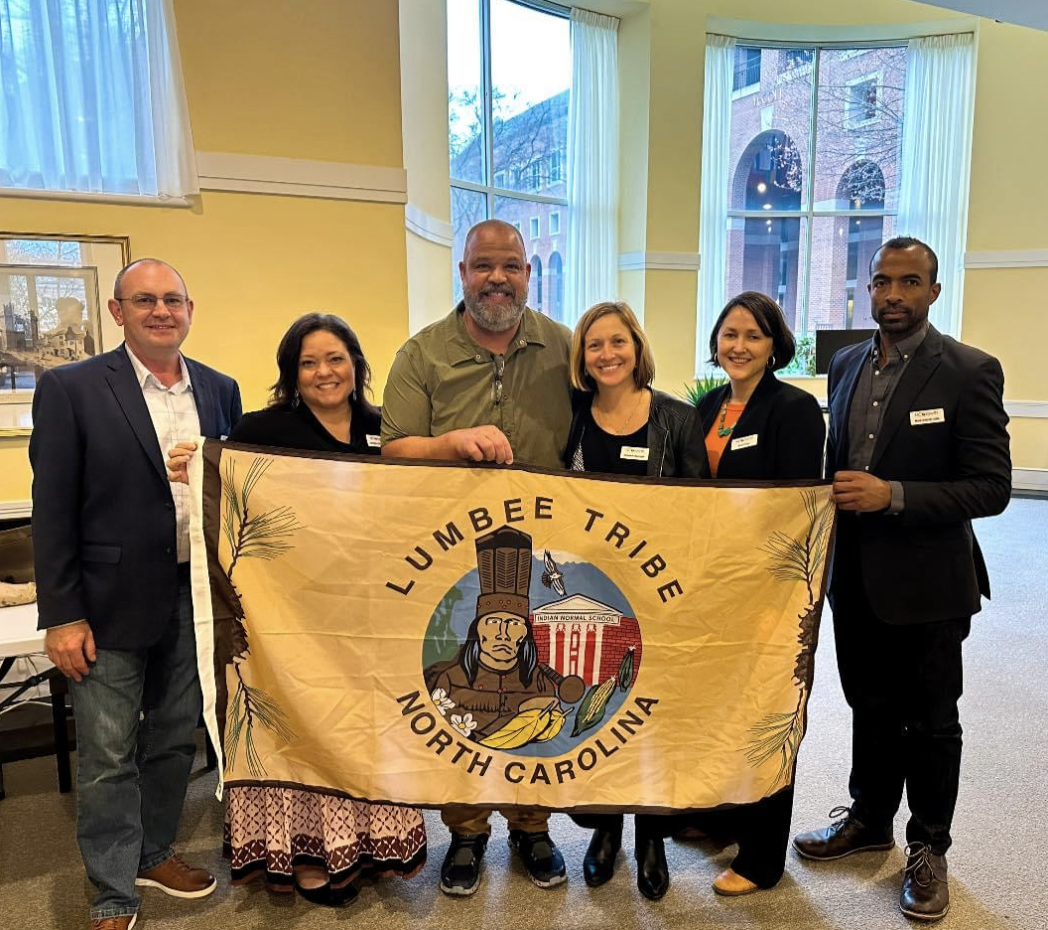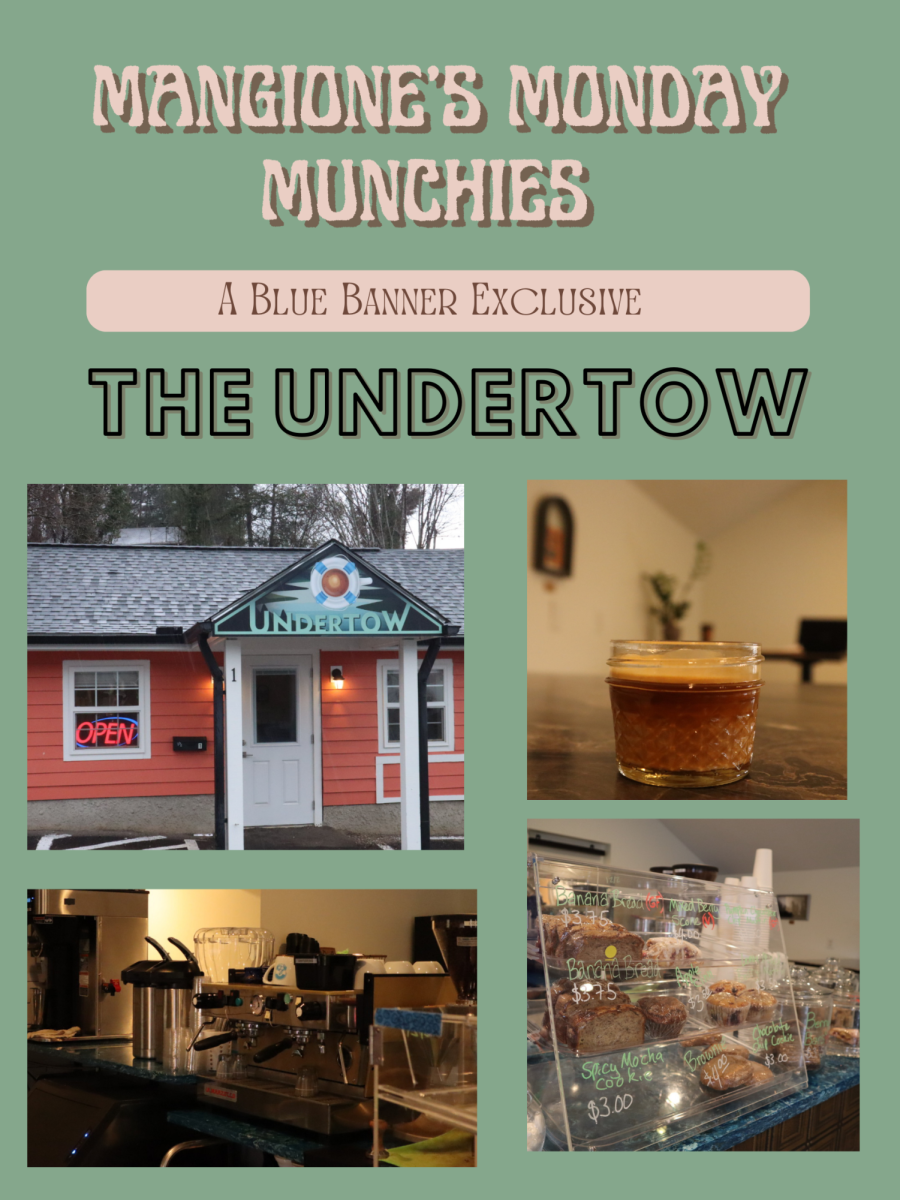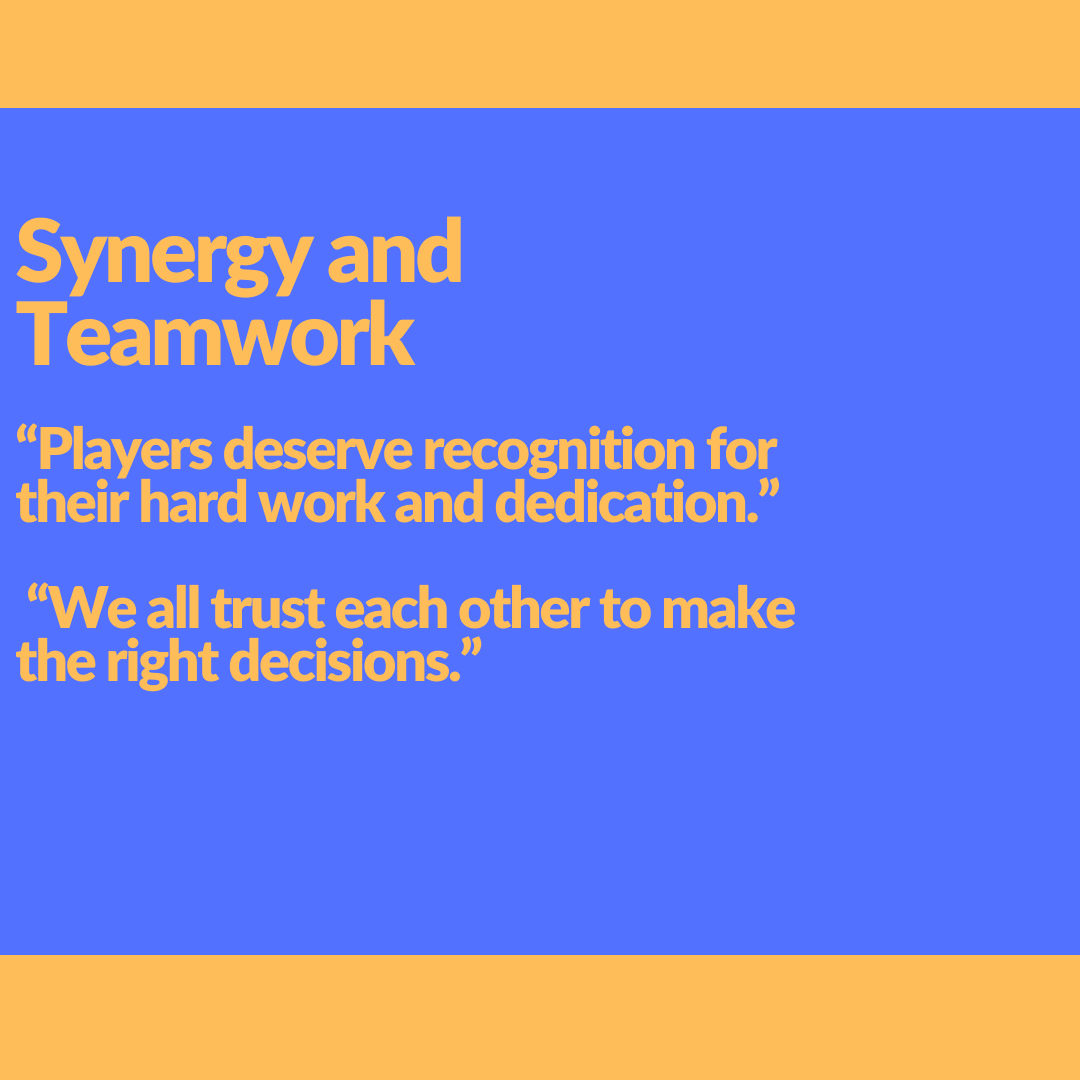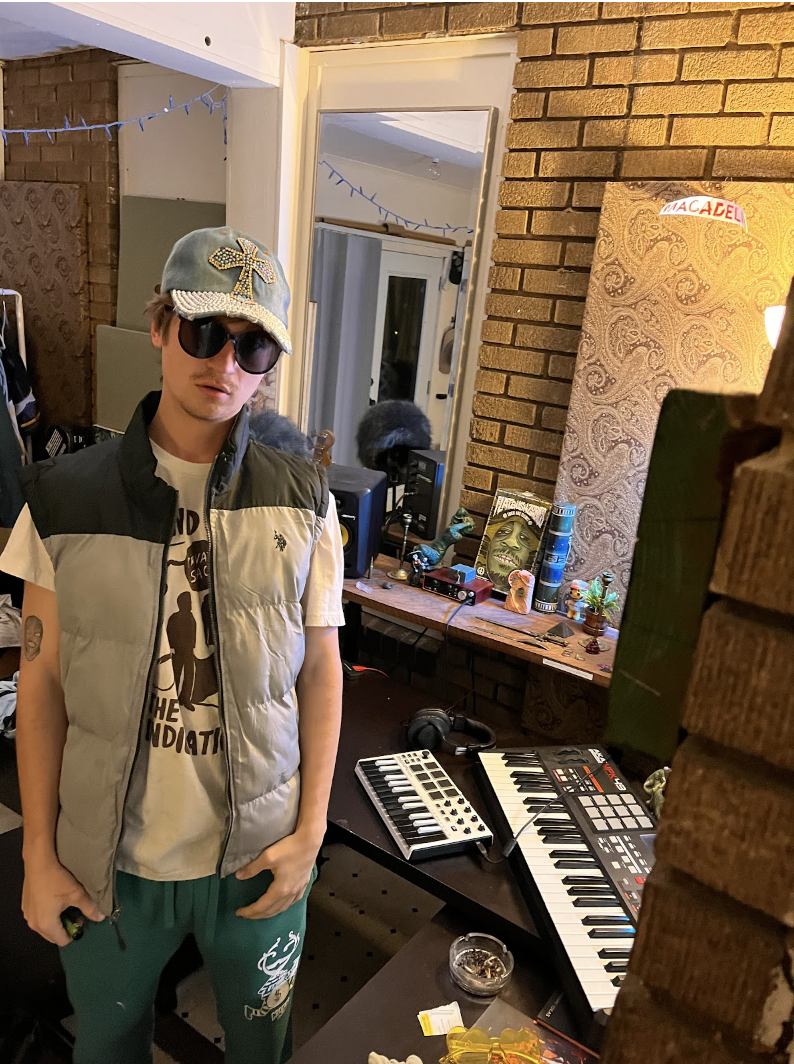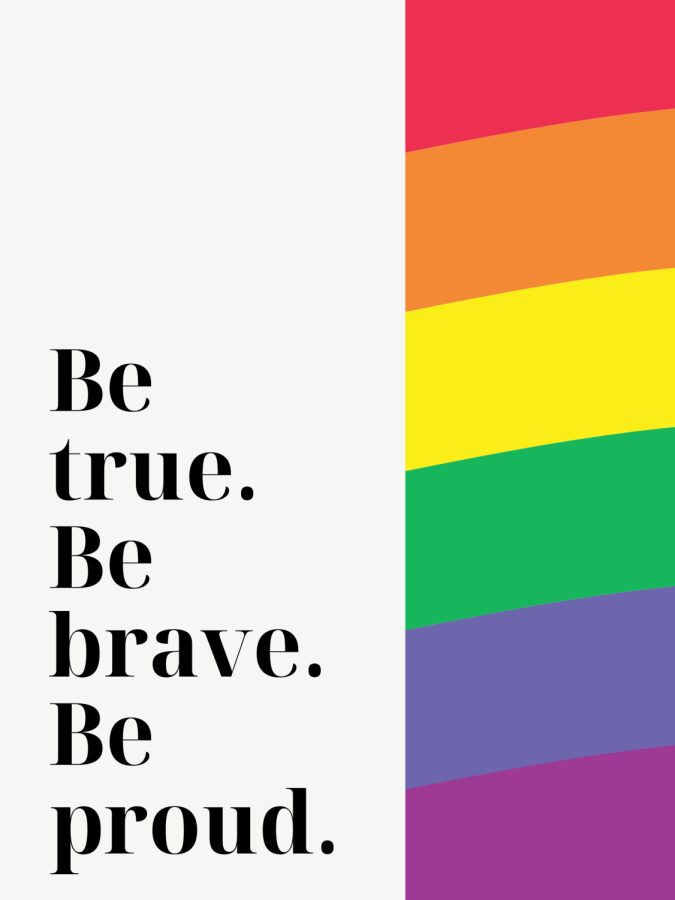By Roan Farb – [email protected] – Contributor | April 1, 2015 |
Imagine going from playing with beats on music-editing software like GarageBand to being paid to perform those tracks live in front of a live audience.
For Leon Breakstone, 19-year-old UNC Asheville freshman from Winston-Salem, experimenting with music editing software has opened a lot of doors, like the production of his first album.
Breakstone recently performed a live set of his album Dank Titty in Windsor, Ontario. This was his first paid performance playing alongside Ante Ujevic, a minimal techno artist from Windsor, Ontario. The show also featured a visual art duo from Detroit, Armageddon Beach Party.
“I got into making music and beats when I was in third grade. I would start fake bands with my friends, and then started taking music lessons after a bit,” Breakstone said.
Breakstone not only has a professionally-pressed CD by music studio Memory 36, but has also uploaded albums to sites like Bandcamp and Soundcloud.
“Time is not your friend. You sit down to start working on a song, and you’ll look up at the clock, and realize you lost an entire afternoon,” Breakstone said.
Breakstone claims he started out his musical career by making a few albums on GarageBand, eventually making a few more, and that is mainly what influenced him to compose music today.
Breakstone encourages aspiring musicians to get their music out there and approach people,with the goal of getting to know important people around you who are involved in your ideal music scene. He also claims that success in the music industry can be about being in the right place at the right time.
Besides releasing an album for people to listen to, another obstacle many musicians encounter, particularly while sampling other artists’ work, is copyright issues, according to Jude Weinberg, Asheville native and associate director of music technology at UNCA.
“Permissions must be obtained in order for an album to be released,” Weinberg said, “although those same permissions aren’t needed if you are just performing songs by another artist.”
Weinberg explained that there are a few different licenses one needs in order to produce and release an album, such as a synchronization license, but if someone is just performing, they usually just need to pay a performance license fee.
“There are some really cool sites, ccmixter.org and freesounds.org to name a few, that allow artists to use other artists’ work as long as credit is given where it is due.”
Weinberg recommends that any aspiring musicians interested in producing an album invest in a few pieces of equipment.
“First, you need to obtain a DAW to record with,” Weinberg said.
DAW stands for a digital audio workstation that is used to record beats and sounds.
“You also need some music editing software. Ableton Live is popular and it’s the best one for composers because it’s so flexible. You can change, edit, and move things around live during shows, making it useful for both composing and performing,” Weinberg said. “You can also use it for triggering lights and other instruments. It’s a widely versatile tool.”
Weinberg mentioned ProTools, widely used in the Music Tech Department at UNCA.
“You’re also going to need a computer, and an audio interface would be needed as well. It could be a two channel system to run a microphone, instrument or record player in order to produce music on,” Weinberg said.
Weinberg encourages anybody interested in producing beats, sounds or music to go out and listen to instruments and sounds firsthand, then record real instruments and sounds independently, with the intention of building your own sound off of what you hear.
“I’ve recently become familiar with something called Bandcamp, which allows you to have better control of your social media presence,” said 48-year-old Sonya DiPalma, assistant professor of mass communication at UNCA.
According to DiPalma, Bandcamp allows you to see how performances, new albums, singles, and anything else your band does to influence your sales.
“What people typically want is some social-to digital-conversion rate,” DiPalma said, “so if I am on Soundcloud or Twitter saying I’ll be performing somewhere, what people look for is a website to track that back to, to see where they would go to see the performance.”
DiPalma claims that we, as a nation, are headed more towards mobile forms of communication, particularly smart phones, and recommends anybody trying to spread their album to a wide audience to look for mobile-friendly platforms, like Bandcamp and Soundcloud, to release their music on.
Latest Stories
- Southside Community Farm seeking voters for safety
- Students wonder if campus dining is actually adequate
- Tribal political activities surge due to Lumbee tribes request for federal recognition
- Learn a Language!
- Questions On the Quad Episode 11
- What Do Blue Banner Staff Listen To?
- Asheville residents at odds over U.S. financial assistance to Ukraine
- The UNC Asheville Saber Club’s duels remain, moved to AC Reynolds Green
- UNCA League of Legends takes first in stunning finals match against HPU
- From passion to professional play: How a UNCA League of Legends MVP hit their stride

